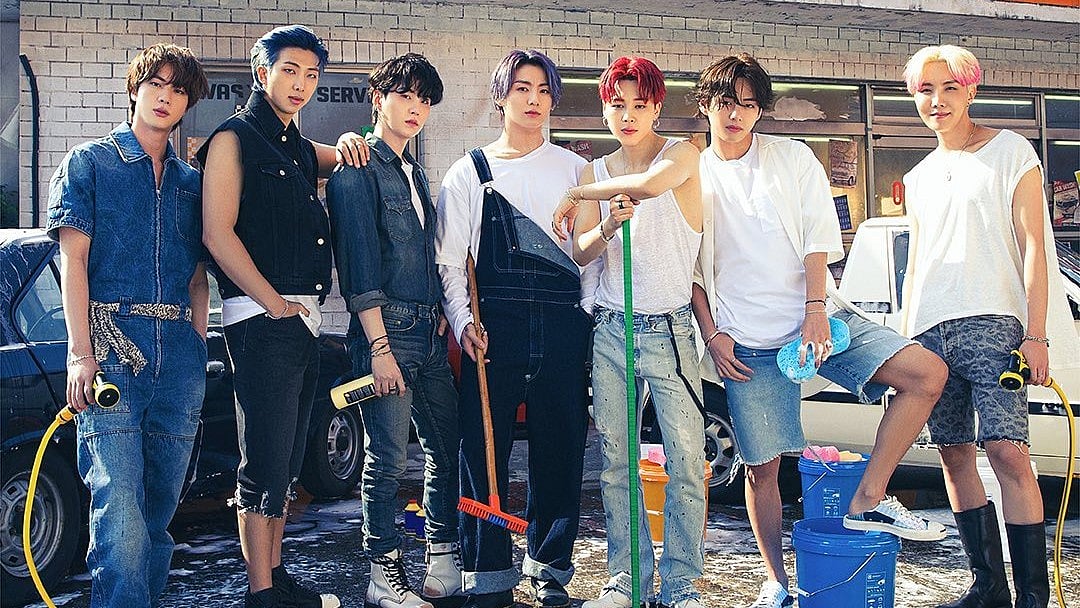They say nothing prepares you for parenthood, and guess what? They are right!
While you brace yourself for nighttime feeds, swaddling, baby-led-weaning and other essential milestones in the first 12 months of your life, you will soon find yourself talking to a mini version of yourself, rolling their eyes at you, and walking away even before you finish your sentence! That leaves you wondering if you are even prepared to handle and raise this phase of your child’s life!
One fine day, I noticed my nine-year-old come back home full of questions, giggles and some bewilderment in her eyes. I knew it was time to have “THE” talk with her.
Over my years of running a parenting platform and talking to experts, educators and psychologists and from meeting parents of celebrity achievers and outliers for my book The Parents I Met on how to traverse this difficult terrain in your parenting journey, I have gathered some valuable inputs that will come in handy to other parents.
Here is how you broach the topic of sex-ed at each stage of your child’s life.

1-4 years:
Start off by teaching them the names of the body parts as they are.
And slowly, talk about the concept of safe touch and unsafe touch.
4-7 years:
Kids this age, expecting siblings, have questions — take them on in a simple way without shushing them.
Learning about limits and what is and isn’t acceptable when it comes to touching — or being touched by others — is a big topic for this age group.
7-10 years:
Discuss basic anatomical differences between genders, and the different concepts of families and safety when around strangers.
Teach them it is okay to say NO when they don’t feel comfortable being touched.
10-12 years:
Don’t wait for them to ask or for school to broach the topic. Casually have the talk with them, without “sitting them down” for a serious discussion.
I remember from a conversation with a child psychiatrist, who said how their cerebral cortex at this age isn’t fully developed which stops them from making rational decisions at every step.
Expect mood swings, eye rolls and tantrums — don’t pay much heed to it, but be firm on what’s allowed and what’s not.
Begin discussing more detailed aspects of puberty, including hormonal changes, menstruation, and growth spurts. Take the help of books — there are some amazing ones we have recommended on KSP Book Club that help broach this topic easily.
Remember:
What’s essential at this stage is to be the sounding board their child needs, and not the authority figure they run away from.
The one common thing, the parents of the high-achievers I spoke to for my book was about giving your child unconditional love. On the good days, and especially on the bad days.
Have conversations with your child that don’t involve you “lecturing” them all the time.
Weave in serious topics like these, when you are doing something WITH your child. The direct “sit down- we need to talk” approach never works.
Listen more- you will learn a lot that is unsaid about your child when you listen and not be the one “imparting wisdom” always.
As they grow, they get a better sense of their likes, dislikes, feelings and sometimes their sexual orientation. Be open to conversations always.
And the most important thing is for your teen to believe and know that you have their back. When I spoke to the Indian model, actor, singer, psychologist, motivational speaker and drag queen Sushant Divgikr’s parents, for my book, I was taken aback at the clarity they had about what parents need to offer their children. I wanted to find out what it takes to raise a child with such a strong sense of self and here’s the takeaway message for me, from the interview — “I don’t even want to know the sexual orientation- whether your child is this, that or the other, the least you owe them is unconditional love. I think that there’s no way we can actually run away from that responsibility.” That hit hard for me, as a parent, something I will remember for a long time.
(Mansi Zaveri is CEO & Founder of Kidsstoppress.com)










